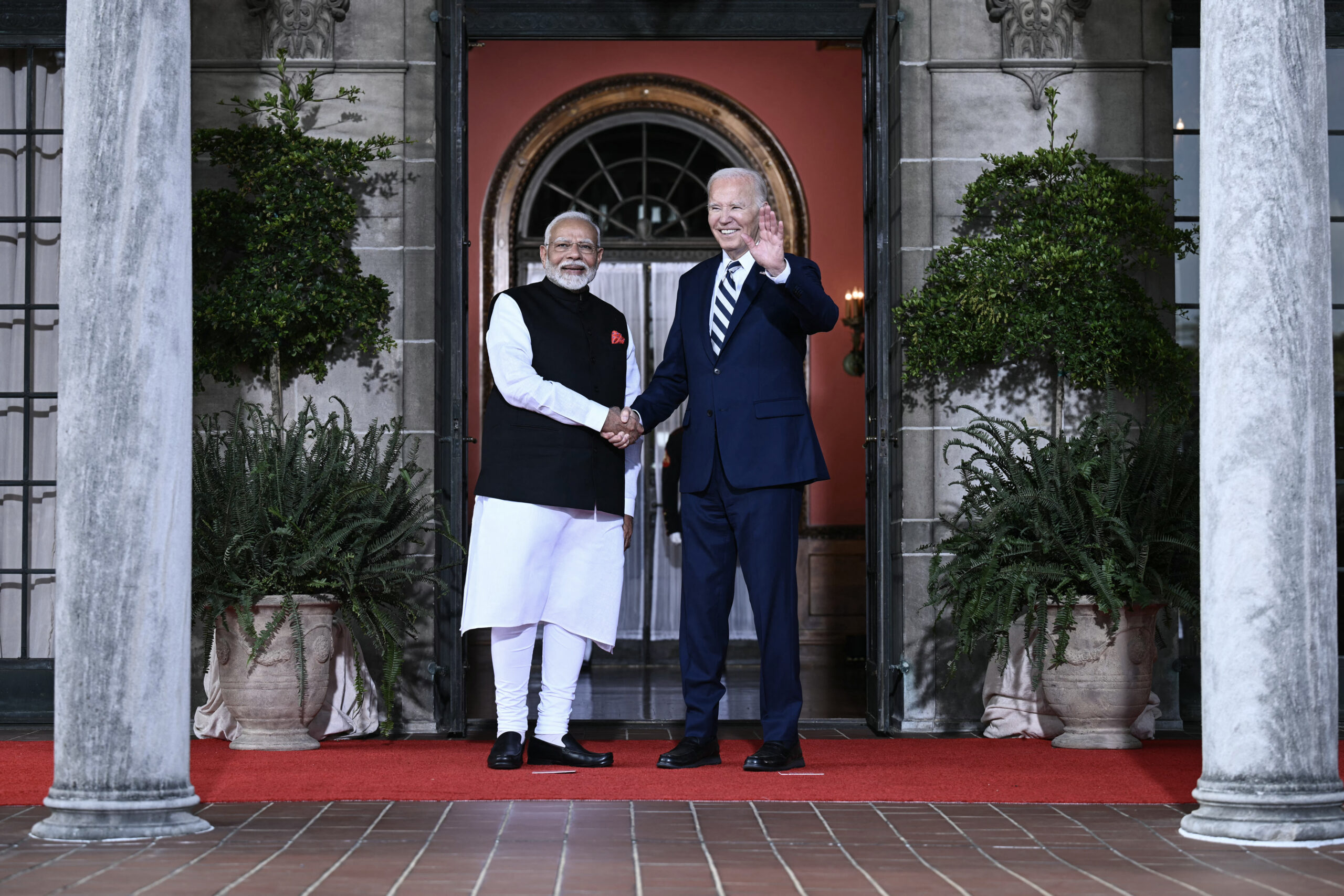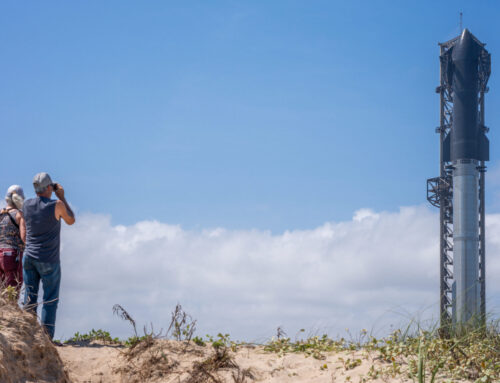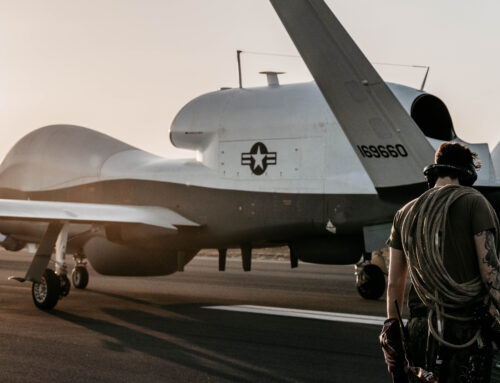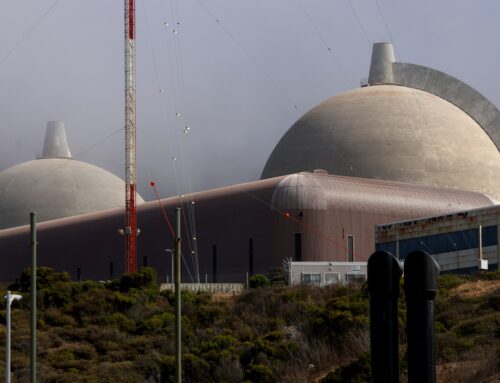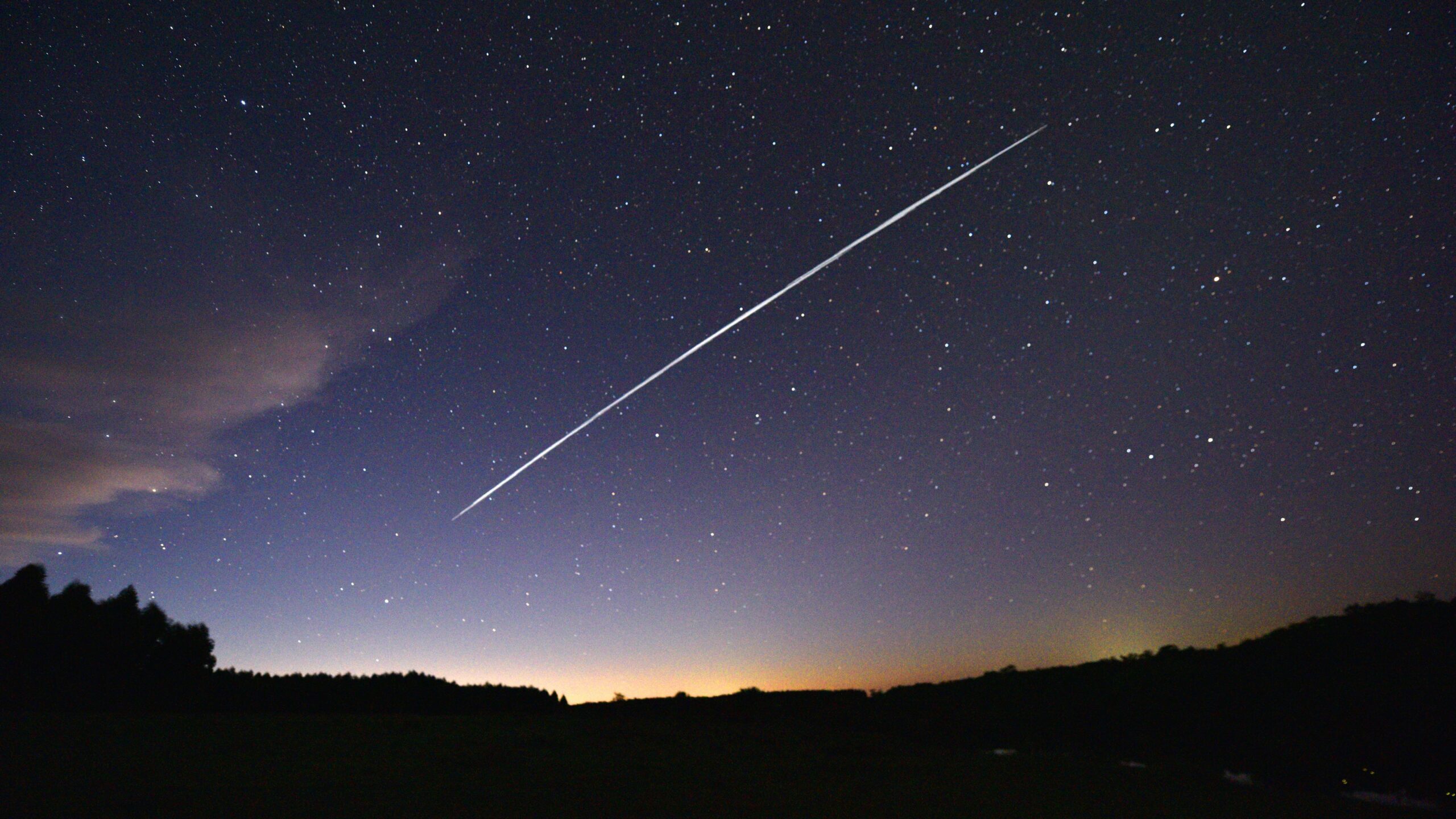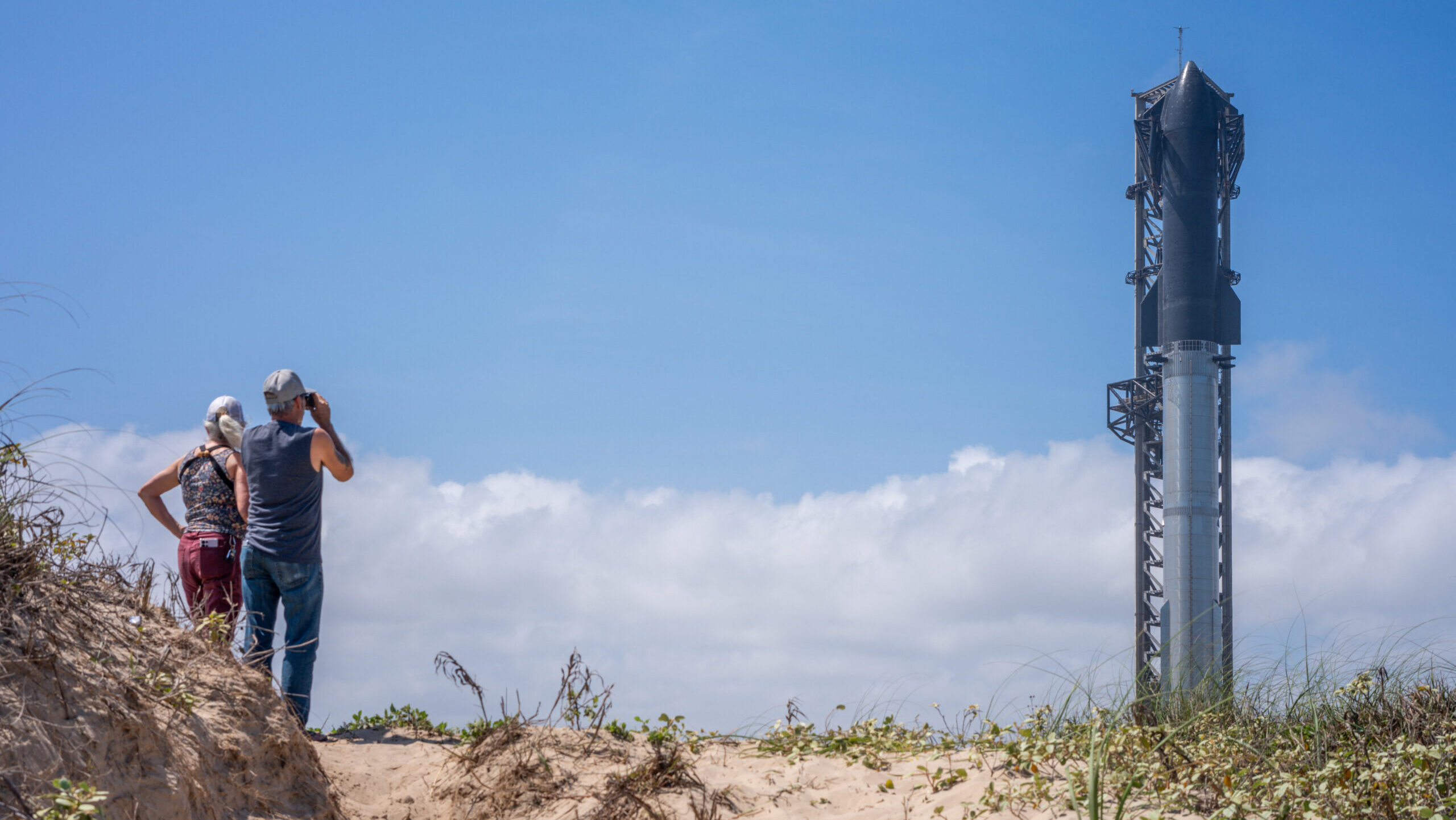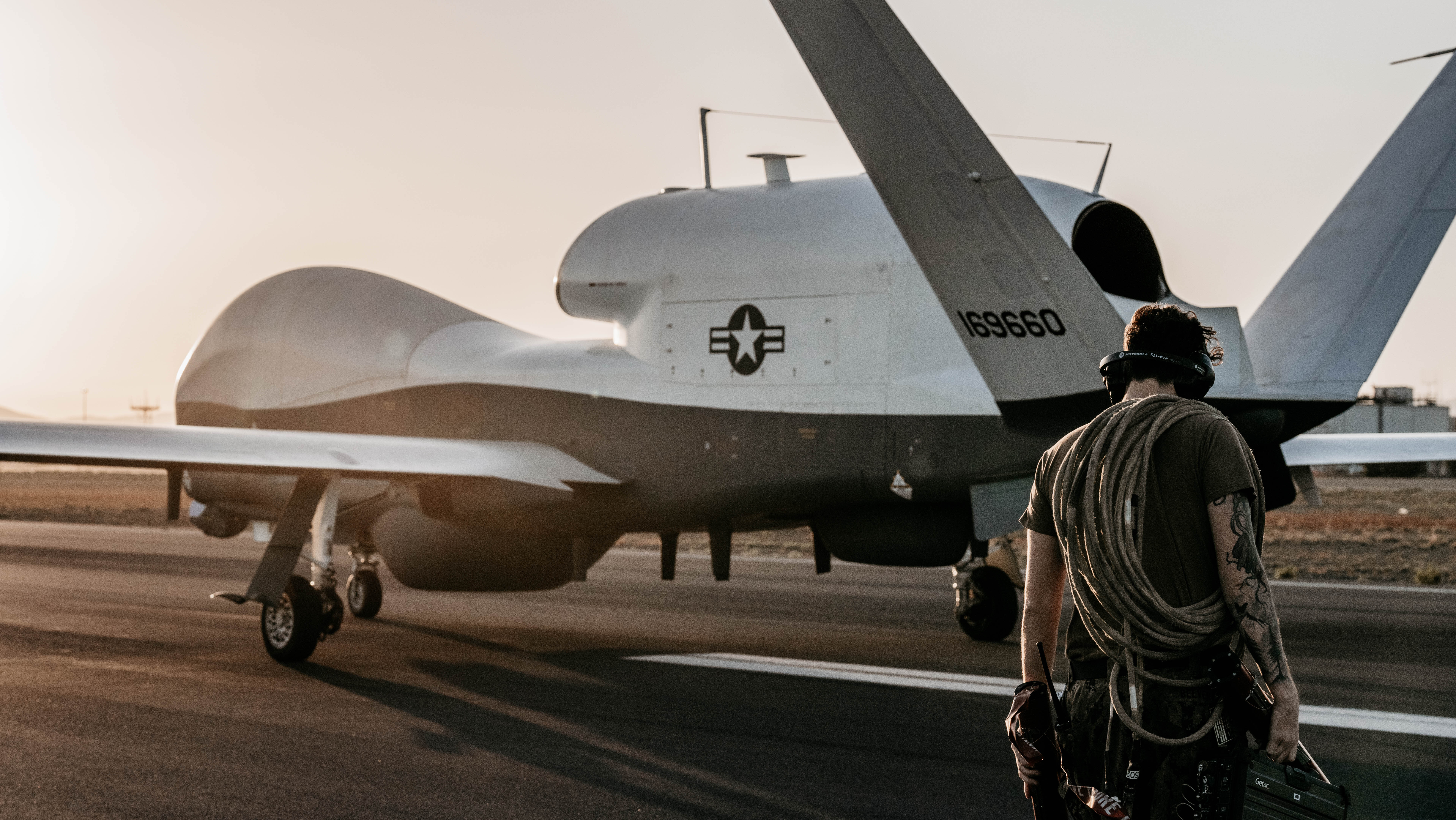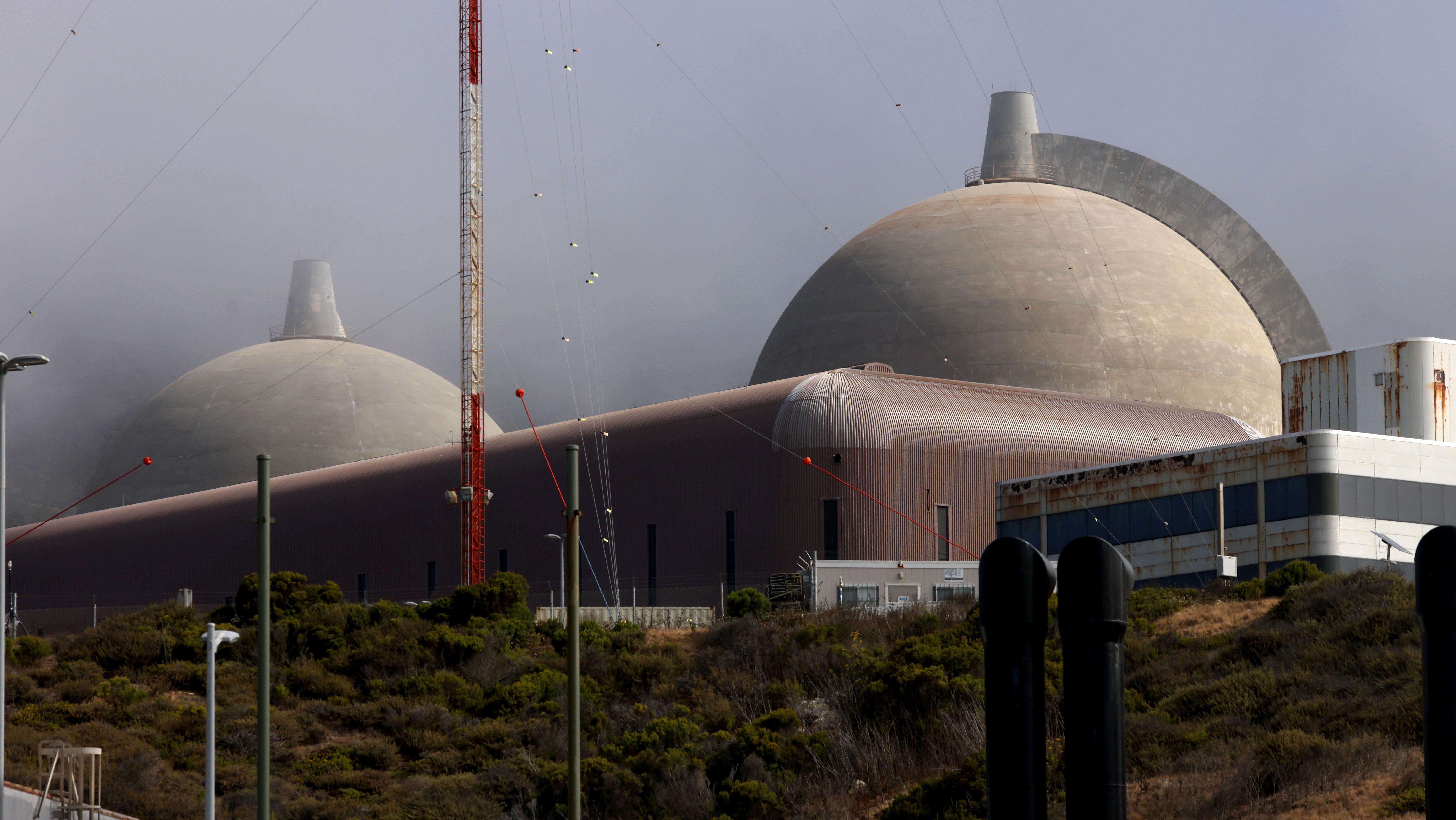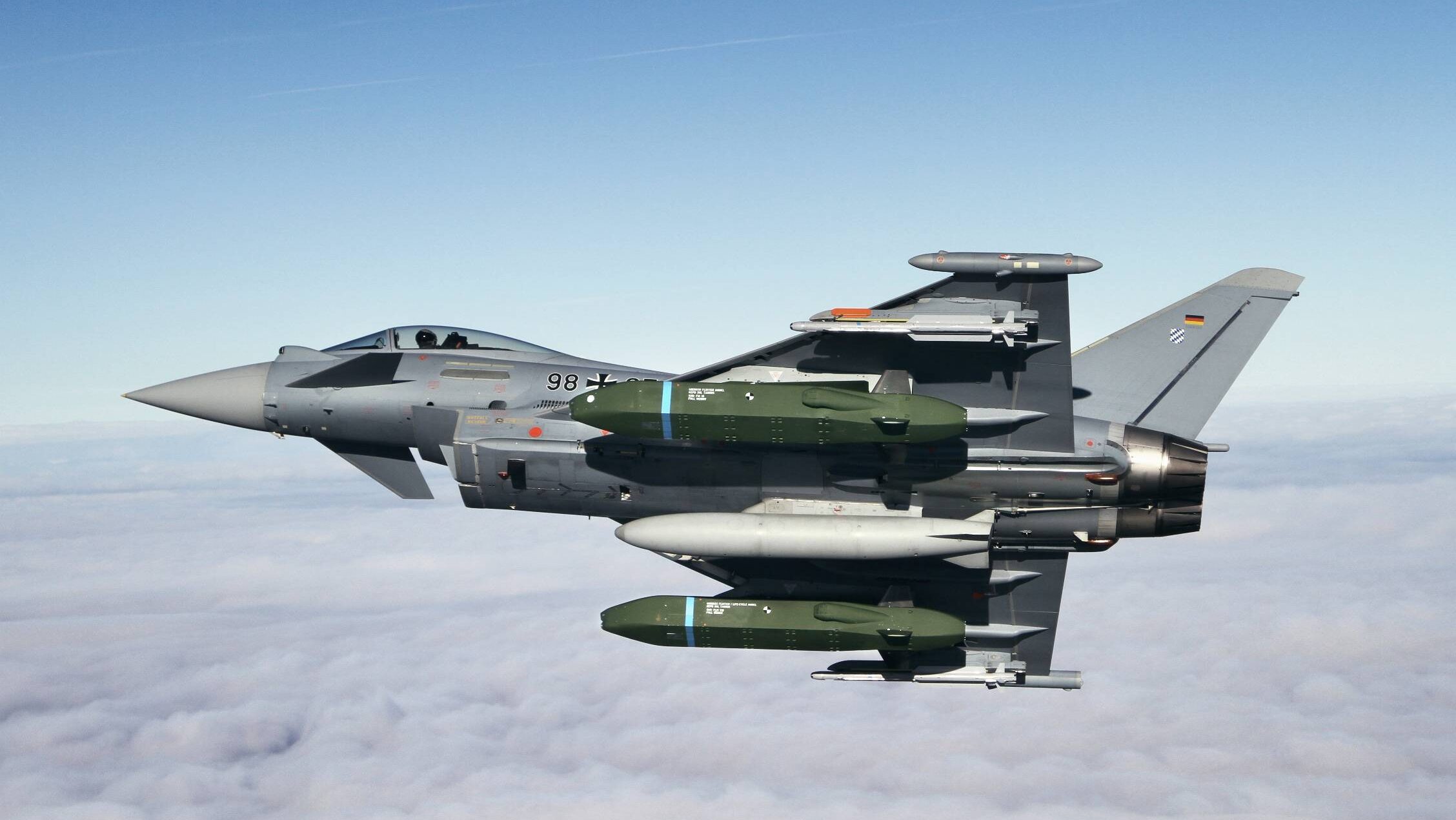US President Joe Biden (R) greets Indian Prime Minister Narendra Modi as he arrives for the Quadrilateral Summit at the Archmere Academy in Wilmington, Delaware on September 21, 2024. (Photo by Brendan SMIALOWSKI / AFP) (Photo by BRENDAN SMIALOWSKI/AFP via Getty Images)
WASHINGTON — American giant Boeing and Indian company Sagar Defence Engineering are teaming to codevelop and coproduce new unmanned surface vehicles, as Washington and New Delhi continue to seek strengthened defense industrial ties.
The announcement, made through both White House and company statements, comes as Prime Minister Narendra Modi is visiting the United States as part of the Quad meeting and the UN General Assembly.
The effort is built around Wave Glider, a USV produced by Boeing subsidiary Liquid Robotics and propelled by waves and solar power. They are used for ocean research, weather and climate modeling, tsunami and seismic monitoring as well as to support offshore energy, according to Boeing.
“The Wave Glider is an ideal system for fostering collaboration between the U.S. and Indian governments and strengthening tactical readiness in the Indo-Pacific,” said Shane Goodenough, CEO of Liquid Robotics. “Teaming up with Sagar Defence marks a new era for our bilateral defense cooperation and enables us to grow our existing Wave Glider operations in India. We are very pleased to join forces with the skilled team at Sagar, who have a proven record of successfully integrating uncrewed systems into active defense missions.”
In a Sept. 21 statement, the White House also applauded several other defense and technology cooperation initiatives between the United States and India, including a teaming agreement between Lockheed Martin and Tata Advanced Systems to establish a new maintenance facility in India for the C-130J Super Hercules fleet.
“This marks a significant step in U.S.-India defense and aerospace cooperation and reflects the two sides’ deepening strategic and technology partnership ties,” according to the White House statement.
For over a decade, India and the US have made pledges of increased defense industrial cooperation with each other. The relationship was reset with the 2012 launch of the Defense Technology and Trade Initiative (DTTI), a specialized program crafted by Ash Carter, who was then the US deputy defense secretary. When Carter took on the full SecDef job, he prioritized relations with India, including cooperation on engine and carrier technology. Under the Trump administration, in 2019, Ellen Lord, then the Pentagon acquisition head, told reporters that the US and India would codevelop small, aerial unmanned systems.
However, in part because of India’s often convoluted acquisition system, little was actually developed from these agreements, leading the Biden administration to take its own swing in 2023 under the aegis of the India-US Defense Acceleration Ecosystem and a series of defense-oriented initiatives. There was also a subsequent memorandum of understanding signed by the Pentagon’s Defense Innovation Unit and a similar agency in the Indian Ministry of Defence.
“The efforts via the INDUSWERX consortium to facilitate pathways for defense and dual-use companies in the INDUS-X network to access premier testing ranges in both countries, were appreciated,” according to the statement.


